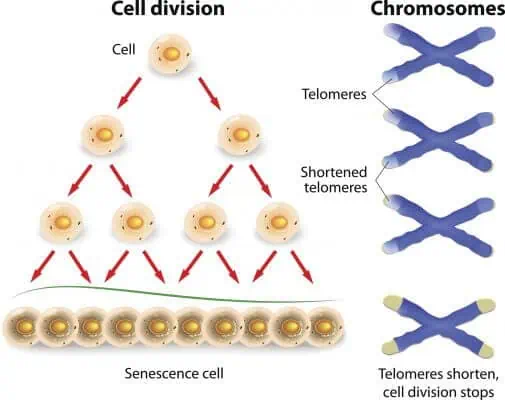In episode 67 of his video series, Dr. Larson discusses:
A heart study initiated over 70 years ago, with only 5200 participants in the town of Framingham, Massachusetts, has been tracking original families for three generations. Recent results from the study were published in March in the Journal of Clinical Lipidology. Lipidology is the study of fats and lipids.
Omega 3 fatty acids are an essential nutrient that works in a variety of ways to decrease your risk for cardiovascular disease, heart disease, and it can also help to slow the aging process. To increase your overall health, make sure to have a sufficient amount of the essential nutrient Omega 3 polyunsaturated fatty acid.DR. CHAD LARSON
After tracking individuals for three generations, researchers evaluated 2500 of them to evaluate the relationship between Omega 3 polyunsaturated fatty acids measured in red blood cells and all-cause mortality rate. The higher a person’s red blood cell levels of Omega 3 were, the lower their chance was for all-cause mortality. Specifically the higher the levels of EPA and DHA in a person’s red blood cells, the lower risk a person has for all-causes of mortality by as much as 35%.
Better Lab Testing
In the past, the amount of nutrients a person had was measured by examining what was found in the bloodstream. Thanks to better technology, since nutrients are rarely found in the bloodstream, using a measure of them in red blood cells, has given the medical community more relevant information.
Although the researchers in the recent Framingham study didn’t go into causation, they did cite other studies to get a vantage point. What they found was that multiple studies show the same inverse relationship between Omega 3 fatty acids, or essential fatty acids, and all cause-mortality and disease progression.
“Essential” means that although the body can’t make a nutrient, it is essential for the body to survive. Essential nutrients must come from outside sources. Omega 3 is an essential nutrient that people must get in their diet or through supplementation.
The researchers found other studies that showed that when Omega 3 polyunsaturated fatty acids are high, triglycerides are lower. When triglyceride levels go down, blood pressure does too. Blood pressure is a risk factor for cardiovascular disease, so, if you decrease blood pressure, you lower the risk for cardiovascular disease. By decreasing blood pressure, you also increase blood flow through the blood vessels.

Additionally, you decrease platelet aggregation, which is the pile-up of blood platelets, which can lead to sluggish blood flow and an increase in the risk of a blood clot. In a chain reaction, as platelet aggregation goes down, heart rate and blood pressure go down, which leads to better circulatory system function.
Another way that Omega 3 polyunsaturated fats help all-cause mortality risk to go down is that it decreases inflammation. Omega 3 is the building block for the anti-inflammatory response. CoQ10 was discussed in a previous episode due to its ability to increase the integrity of the endothelium, which is the inner portion of the blood vessel. Omega 3 also improves the endothelial function, which increases blood flow, that leads to a decrease in blood pressure, which, in turn, results in better blood flow.
Fatty Acids & Telomeres
Omega 3 is also an important nutrient to decrease the shortening of telomeres. Telomeres are the ends of our chromosomes and they help to determine the aging process. The faster they shorten, the faster you age. By evaluating telomeres, researchers found that when Omega 3 fatty acids are sufficient, there is a decrease in the shortening of the telomere and a decrease in the aging process.

Omega 3 doesn’t work in the body to reduce the risk of all-mortality through just one vector. It works through multi-cellular and multi-factorial improvement methods. Found in a variety of foods like oily fish, such as mackerel, salmon, sardines and their oils, you can also supplement with liquid or capsule forms. Omega 3 fatty acids are also found in chia and flax seeds, walnuts and walnut oil, and other plant-based sources such as spinach and sprouted vegetables.
Omega 3 fatty acids are an essential nutrient that works in a variety of ways to decrease your risk for cardiovascular disease, heart disease, and it can also help to slow the aging process. To increase your overall health, make sure to have a sufficient amount of the essential nutrient Omega 3 polyunsaturated fatty acid.
Recommended Product
Related Video
Global Omega-3 Deficiency and the Importance of Essential Fatty Acids




